Why Lithium Iron Phosphate Batteries Stand Out Among Other Battery Technologies
Table of Contents
- The Unique Benefits of Lithium Iron Phosphate Batteries
- Understanding Lithium Iron Phosphate Chemistry and Performance
- Comparative Analysis: Lithium Iron Phosphate vs. Traditional Lithium-Ion Batteries
- Applications and Industries Benefiting from Lithium Iron Phosphate Technology
- Safety and Environmental Considerations of Lithium Iron Phosphate Batteries
- Future Trends: Innovations in Lithium Iron Phosphate Battery Solutions
- FAQS
- Conclusion
- Related Posts
In recent years, the demand for efficient and reliable energy storage solutions has surged, highlighting the significance of Lithium Iron Phosphate Batteries (LiFePO4) in the battery technology landscape. According to industry reports, the global lithium-ion battery market is projected to reach $129 billion by 2027, with LiFePO4 batteries gaining popularity due to their superior thermal stability, long cycle life, and enhanced safety compared to traditional lithium-ion batteries. Roofer Electronics Technology (Shanwei) Co., Ltd., with over 27 years of expertise in R&D and manufacturing of lithium batteries and energy storage systems, recognizes the potential of Lithium Iron Phosphate Batteries in various applications, including household energy storage and electric vehicles. As sectors increasingly transition to renewable energy, understanding the advantages and unique characteristics of LiFePO4 technology is crucial for driving innovation and sustainability in the battery industry.
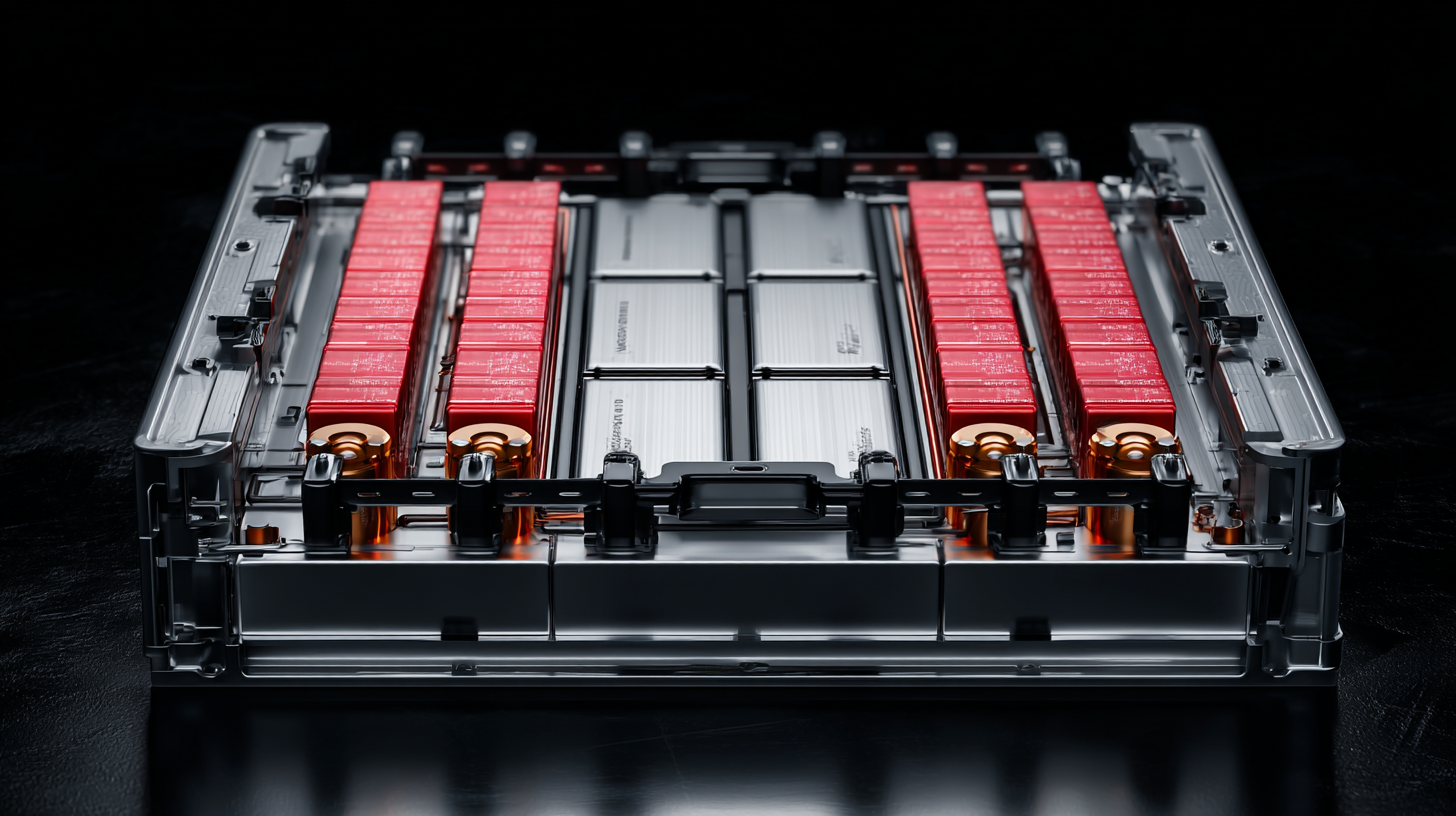
The Unique Benefits of Lithium Iron Phosphate Batteries
Lithium Iron Phosphate (LiFePO4) batteries are gaining popularity in various applications, primarily due to their unique benefits over other battery technologies. One of the most significant advantages of LiFePO4 batteries is their thermal and chemical stability. According to a recent report from the International Energy Agency, these batteries are less prone to thermal runaway, which means they have a lower risk of catching fire or exploding compared to traditional lithium-ion batteries. This feature makes them particularly suitable for electric vehicles and stationary energy storage, where safety is paramount.
Another key benefit of LiFePO4 batteries is their impressive cycle life. Research conducted by the Battery University indicates that these batteries can endure over 2,000 cycles before losing significant capacity, which is about twice the lifespan of conventional lithium-ion batteries. This durability not only reduces the frequency of replacement but also lowers the total cost of ownership over time. Furthermore, they offer stable performance at high discharge rates, making them ideal for applications requiring quick bursts of energy, such as in electric buses and power tools. With their combination of safety, longevity, and performance, Lithium Iron Phosphate batteries undoubtedly stand out in the competitive battery technology landscape.
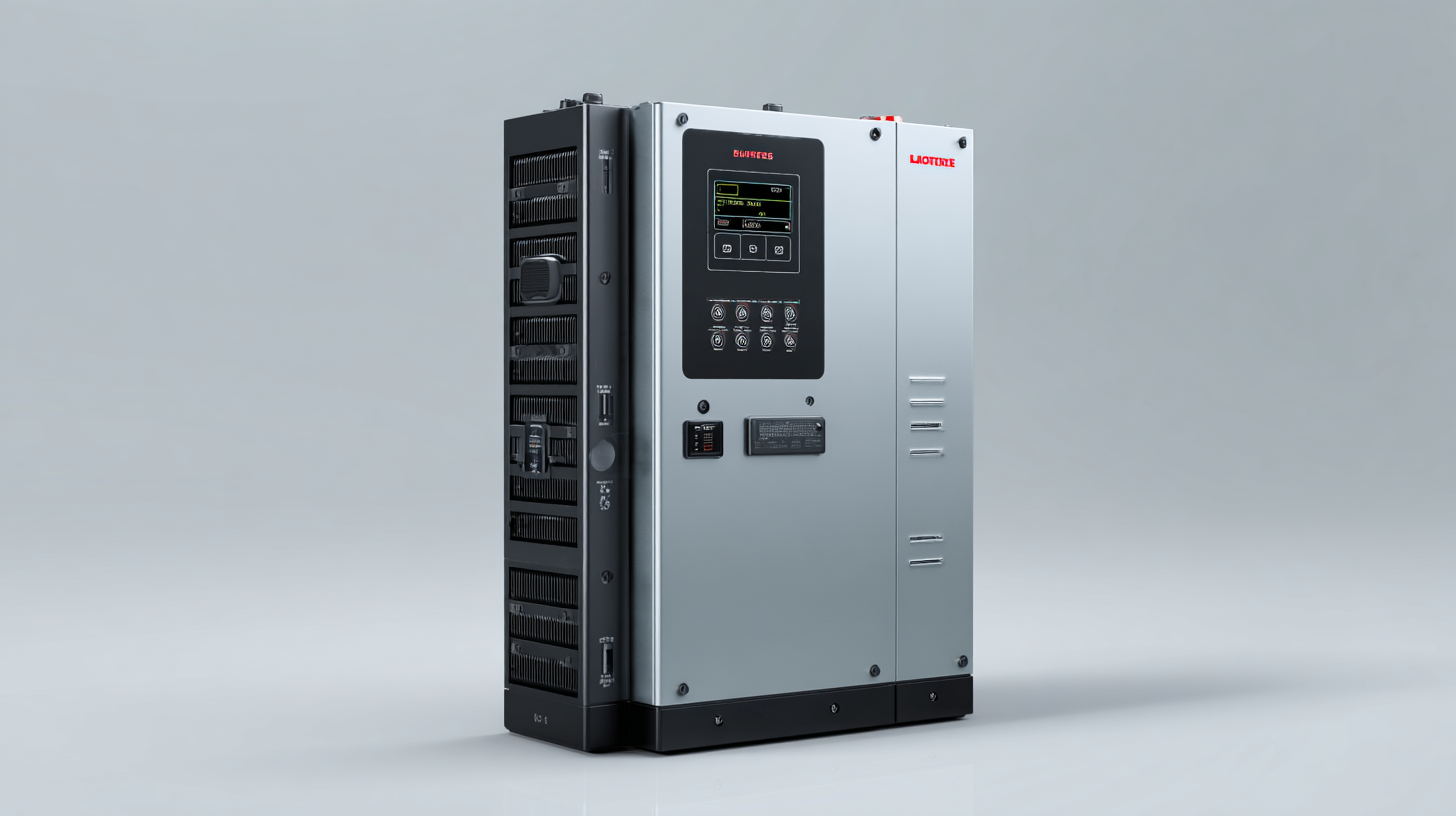
Understanding Lithium Iron Phosphate Chemistry and Performance
Lithium iron phosphate (LiFePO4) batteries have gained popularity due to their unique chemistry and impressive performance characteristics. The addition of iron not only enhances thermal stability and safety but also delivers a longer cycle life compared to other lithium-ion batteries. This chemistry allows for a lower cost per cycle and a lower environmental impact, making LiFePO4 an attractive option for various applications, from electric vehicles to renewable energy storage.
When considering LiFePO4 batteries, one crucial tip is to ensure optimal charging practices. Using a constant current/constant voltage charging method can help prolong the battery's lifespan and maintain its efficiency. Additionally, understanding the temperature sensitivity of these batteries plays a significant role in their performance. It's essential to operate within specified temperature ranges to avoid detrimental effects on capacity and lifespan.
Another helpful tip is to focus on the specific energy demands of your application. LiFePO4 batteries, while not the lightest option available, deliver exceptional power output and longevity, making them suitable for heavy-duty uses. Assessing your energy needs and balancing them with the battery's capabilities can lead to a more efficient and cost-effective battery solution.
Comparative Analysis: Lithium Iron Phosphate vs. Traditional Lithium-Ion Batteries
Lithium Iron Phosphate (LiFePO4 or LFP) batteries have garnered attention for their thermal stability and safety, especially when compared to traditional lithium-ion batteries such as those utilizing Cobalt Oxide (LiCoO2) or Nickel Manganese Cobalt (NMC622) chemistries. Recent research highlights that under overheating and nail penetration conditions, LFP batteries demonstrate significantly lower heat generation and reduced risk of thermal runaway. Notably, LFP cells exhibit a more stable discharge profile in semi-confined environments, reducing potential fire hazards compared to their lithium-ion counterparts, which can be critical for safety in applications such as electric vehicles.
Moreover, the life cycle impacts of LFP batteries appear favorable when considering sustainability. Studies indicate that the mining and recycling dynamics for lithium materials, particularly in the context of LFP production, can lead to lower environmental burdens compared to traditional lithium-ion technologies. The comparative analysis of electrical performance also reveals that while sodium-ion batteries are gaining traction, LFP batteries continue to excel in both energy density and power output necessary for a variety of applications, establishing LiFePO4 as a key player in the evolving landscape of battery technologies.
Applications and Industries Benefiting from Lithium Iron Phosphate Technology
Lithium Iron Phosphate (LiFePO4) batteries have gained significant traction across various industries due to their distinct advantages over traditional battery technologies. One primary area where these batteries excel is in industrial applications, particularly in electric forklifts and other material handling equipment. As the global push for sustainable energy solutions increases, the demand for lithium iron phosphate batteries is projected to grow, with the market size anticipated to reach approximately USD 12.06 billion by 2025.
In the context of the lithium-ion battery market, the Middle East is emerging as a notable player, with an estimated market size of USD 0.89 billion in 2024, expected to rise to USD 3.47 billion by 2033. This rapid growth is indicative of the region's significant investments in renewable energy and electric transportation, further boosting the demand for efficient and safe battery technologies. The longevity, enhanced safety, and thermal stability of lithium iron phosphate batteries make them particularly appealing for these applications, cementing their role in shaping the future of energy storage solutions.
Applications and Industries Benefiting from Lithium Iron Phosphate Technology
Safety and Environmental Considerations of Lithium Iron Phosphate Batteries
Lithium Iron Phosphate (LiFePO4) batteries have emerged as a frontrunner in battery technology, particularly when it comes to safety and environmental considerations. Unlike traditional lithium-ion batteries, LiFePO4 batteries boast superior thermal stability and are less prone to overheating, which significantly reduces the risk of battery fires. This enhanced safety feature makes them particularly suitable for various applications, including electric bicycles and power tools. With increasing concerns about hazardous materials in battery production, LiFePO4 also stands out for its non-toxic composition, ensuring that these batteries are safer for both users and the environment.
At Roofer Electronics Technology (Shanwei) Co., Ltd., we recognize the importance of developing sustainable and safe energy storage solutions. With over 27 years of experience in R&D and manufacturing, we specialize in high-quality lithium batteries and energy storage systems tailored for numerous applications, including household energy storage and lead-acid replacements. Our commitment to safety and environmental responsibility drives us to promote the use of lithium iron phosphate batteries, which align with our vision of creating eco-friendly and efficient energy solutions. As we continue to innovate and expand our product offerings, we are dedicated to ensuring that our technologies not only meet the demands of modern energy needs but also contribute positively to the environment.
Future Trends: Innovations in Lithium Iron Phosphate Battery Solutions
Innovations in Lithium Iron Phosphate (LFP) batteries are reshaping the energy landscape, making them a focal point in the evolving storage market. As demand for electric vehicles (EVs) surges, the unique characteristics of LFP batteries—such as their safety, longevity, and cost-effectiveness—make them increasingly attractive for manufacturers. The recent trends highlight a shift toward elongated battery structures, optimizing energy density and reliability while catering to consumer needs.
Tips for choosing LFP battery solutions include prioritizing manufacturers who are leading innovative designs and utilizing advanced recycling processes. The industry is quickly moving toward a closed-loop system for retired batteries, enabling the collection and repurposing of valuable materials. This not only safeguards the environment but also enhances the economic viability of battery production.
Furthermore, staying informed about market growth projections is essential. The LFP battery market is expected to grow significantly in the coming years, fueled by advancements in technology and the push for sustainable energy solutions. Selecting LFP batteries aligned with future trends can significantly impact performance and sustainability in energy storage systems.
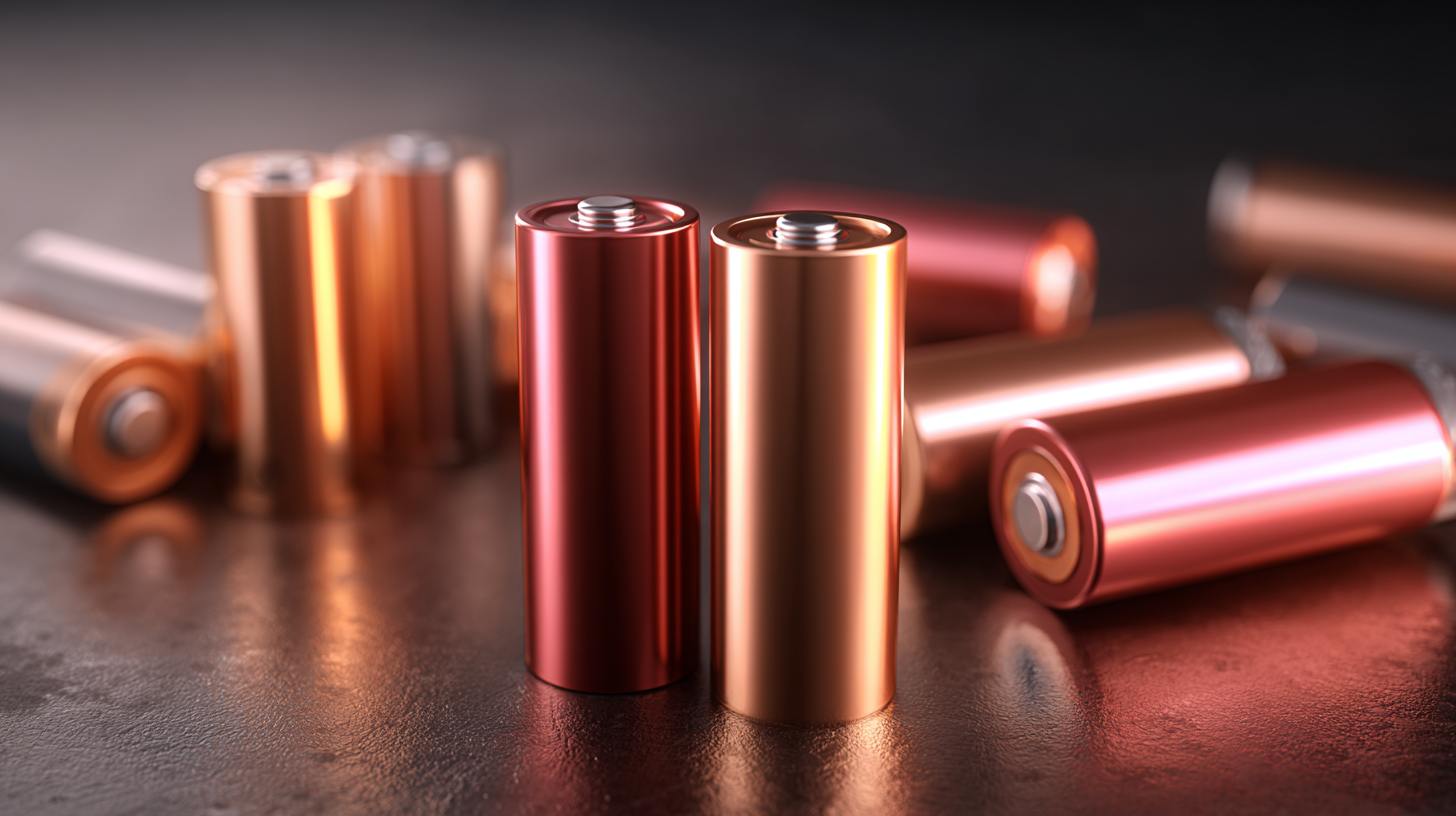
FAQS
: LiFePO4 batteries are known for their unique chemistry, impressive performance characteristics, enhanced thermal stability, safety, longer cycle life, lower cost per cycle, and lower environmental impact.
It is crucial to use a constant current/constant voltage charging method to prolong the battery's lifespan and maintain efficiency.
LiFePO4 batteries are temperature-sensitive, and it's essential to operate them within specified temperature ranges to avoid negative effects on capacity and lifespan.
LiFePO4 batteries are gaining traction in industrial applications, particularly in electric forklifts and material handling equipment, as well as in renewable energy storage.
The market size for LiFePO4 batteries is anticipated to reach approximately USD 12.06 billion by 2025, with significant growth driven by the demand for sustainable energy solutions.
Consumers should prioritize manufacturers that lead in innovative designs and utilize advanced recycling processes, which helps protect the environment and enhance the economic viability of battery production.
Innovations in LFP batteries are reshaping the energy landscape by making them more attractive for electric vehicles (EVs) due to their safety, longevity, and cost-effectiveness, while optimizing energy density and reliability.
A closed-loop system for retired batteries allows for the collection and repurposing of valuable materials, which safeguards the environment and enhances the economic viability of battery production.
Staying informed about market growth projections is essential as the LFP battery market is expected to grow significantly, influencing performance and sustainability in energy storage systems.
Current trends include a shift toward elongated battery structures that optimize energy density and reliability to better cater to consumer needs in the evolving storage market.
Conclusion
Lithium Iron Phosphate Batteries (LFP) have gained significant attention due to their remarkable benefits over traditional battery technologies. Known for their enhanced safety, longer lifecycle, and excellent thermal stability, LFP batteries are ideal for a wide range of applications including household energy storage and electric vehicles. Their unique chemistry allows for impressive performance, making them a viable alternative to standard lithium-ion batteries.
At Roofer Electronics Technology (Shanwei) Co., Ltd., we leverage over 27 years of expertise in lithium battery development and manufacturing to deliver high-quality energy solutions. Our focus on Lithium Iron Phosphate technology places us at the forefront of innovations in energy storage systems, catering to diverse sectors such as power tools and lighting fixtures. As the industry evolves, we are committed to advancing the efficiency and sustainability of Lithium Iron Phosphate Batteries for a greener future.
Related Posts
-
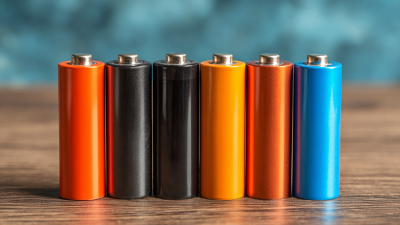
Ultimate Guide to Understanding Lifepo4 Battery Cell Technology and Its Benefits for Modern Energy Solutions
-
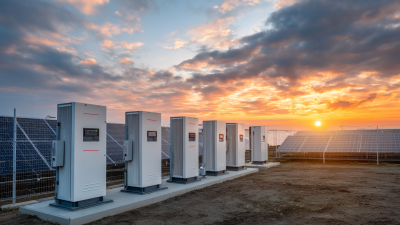
Ultimate Guide to Choosing the Right Solar Lithium Battery for Your Energy Needs
-

Leading Global Manufacturer: Explore the Best 3.2v 100ah Lifepo4 Battery Cells Available Today
-
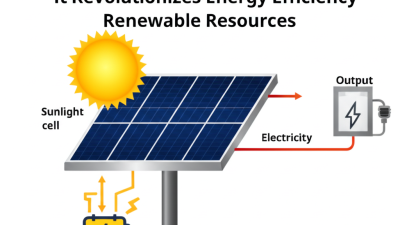
What is a Solar Cell Generator and How It Revolutionizes Energy Efficiency in Renewable Resources
-
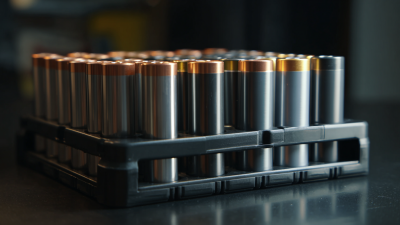
How to Optimize Your Lifepo4 Battery Rack for Maximum Efficiency
-
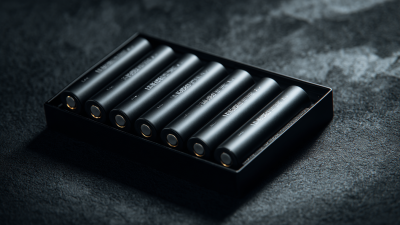
The Ultimate Guide to Lifep04 Batteries: Unlocking Excellence for Global Procurement





 business@roofer.cn
business@roofer.cn +86 13502883088
+86 13502883088






